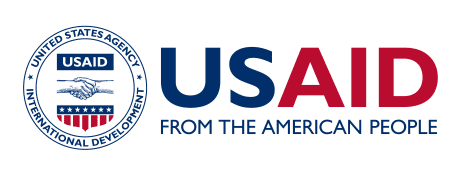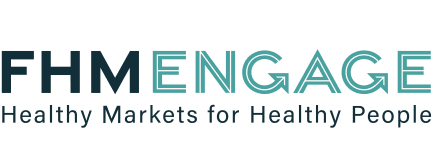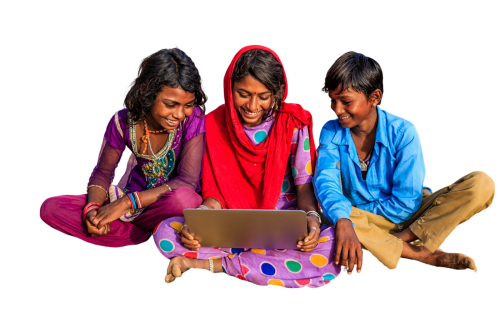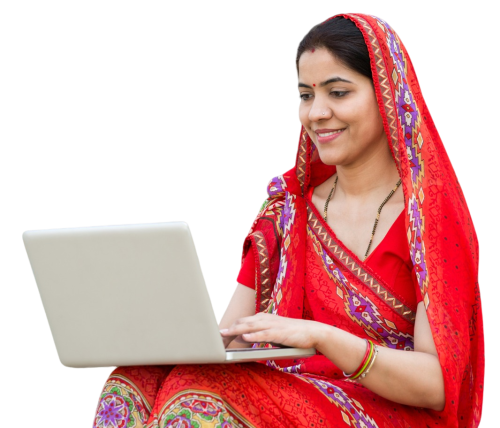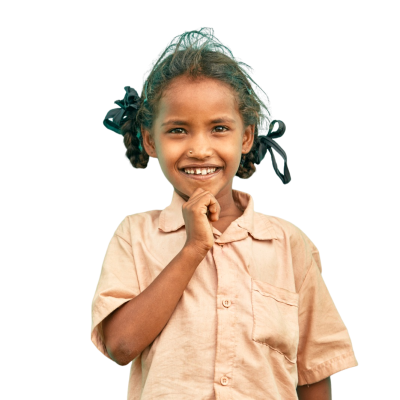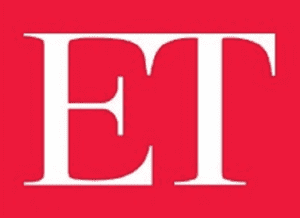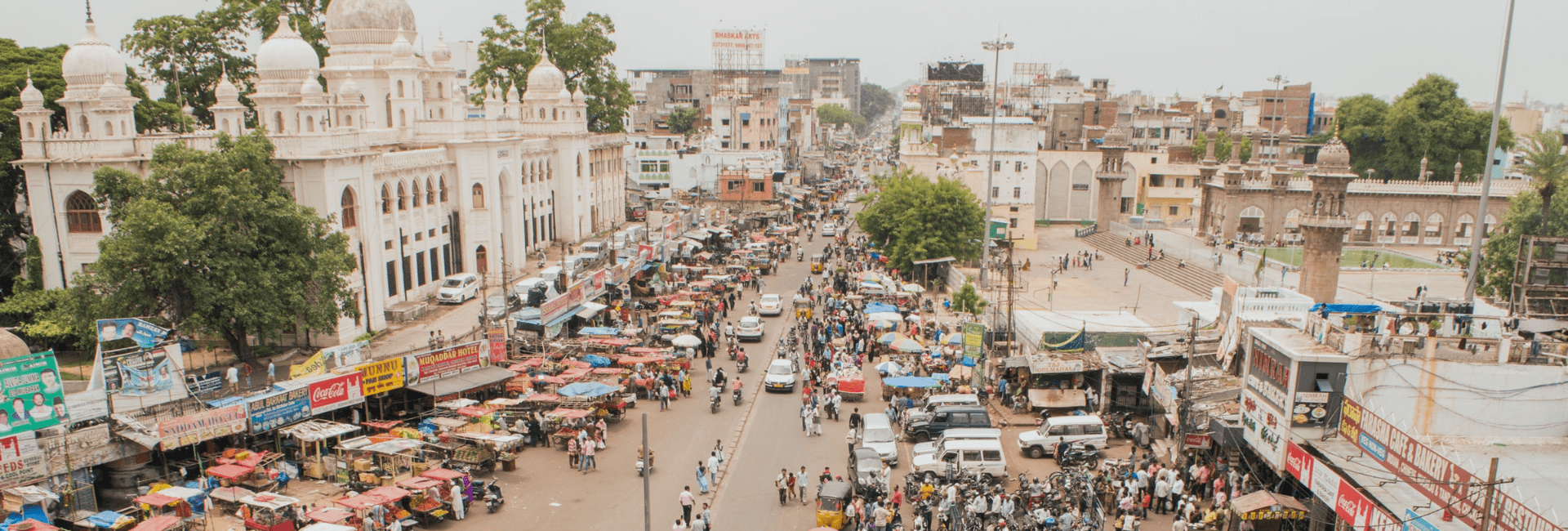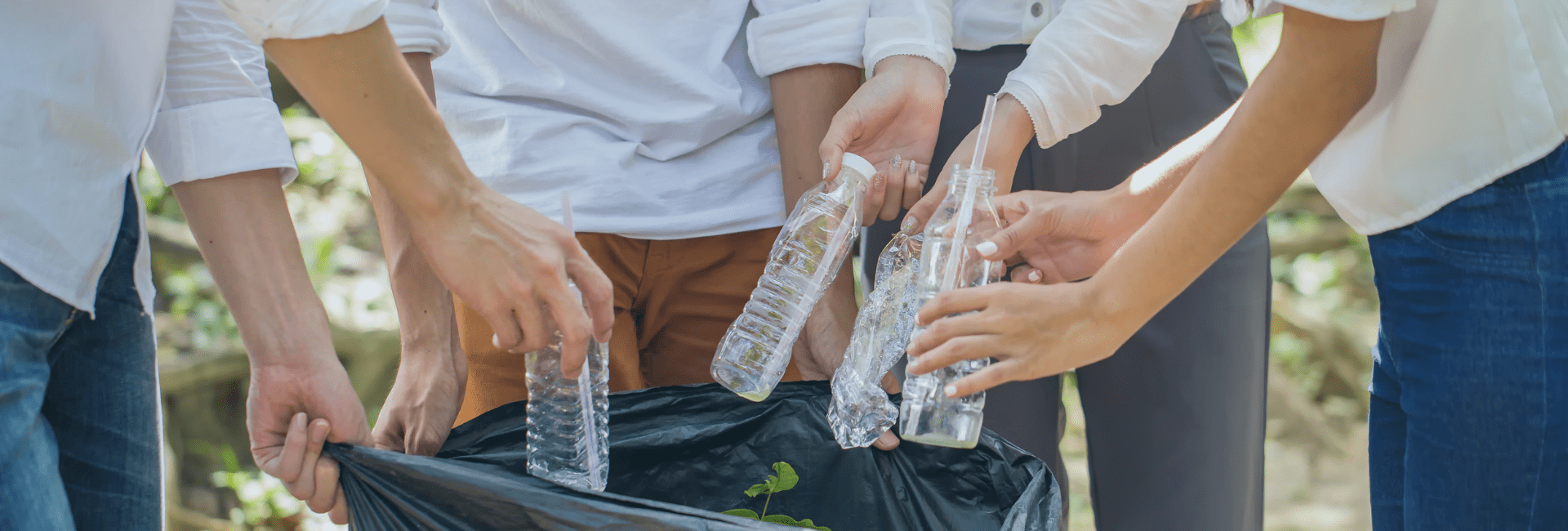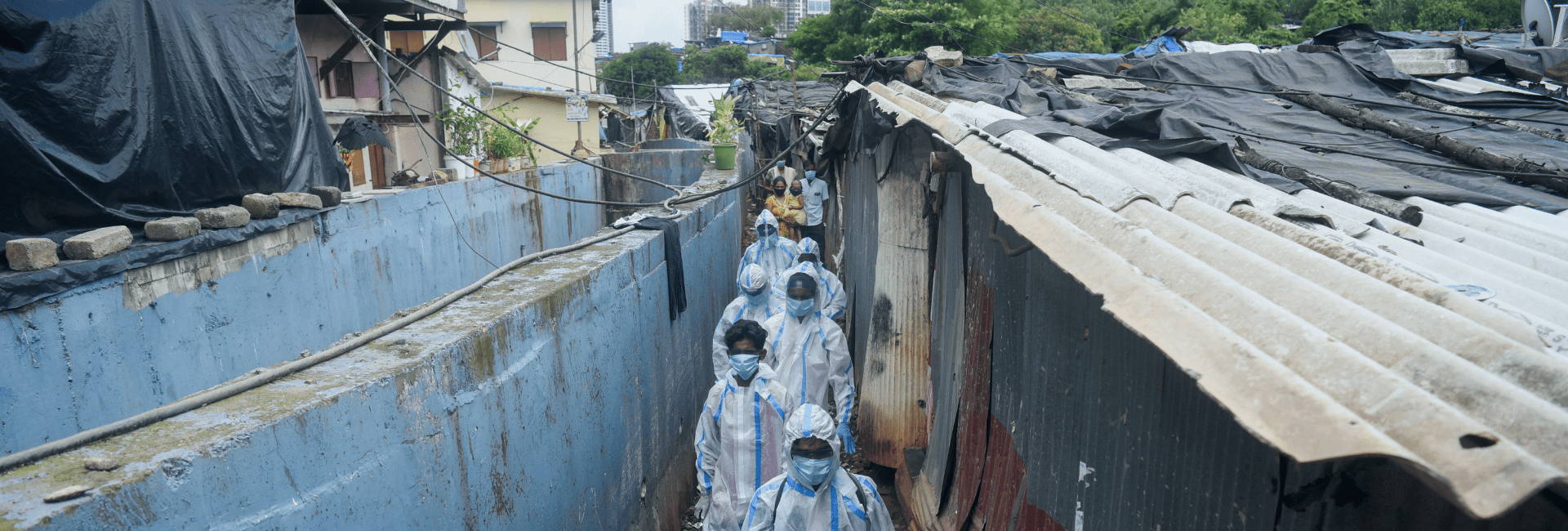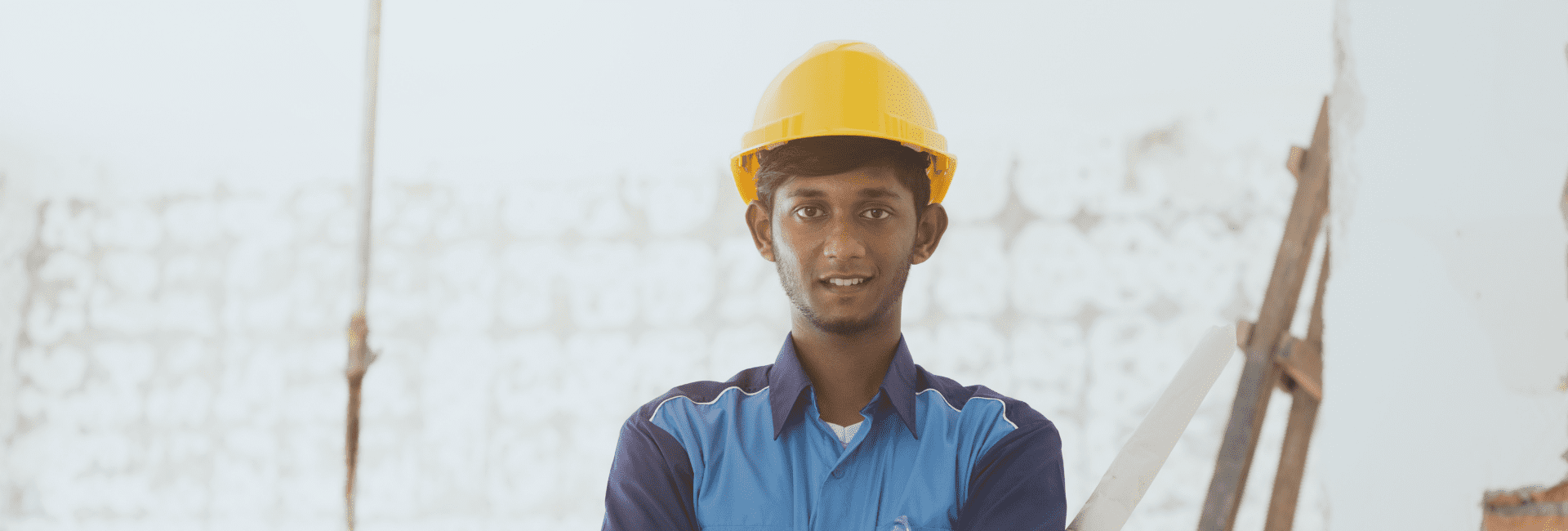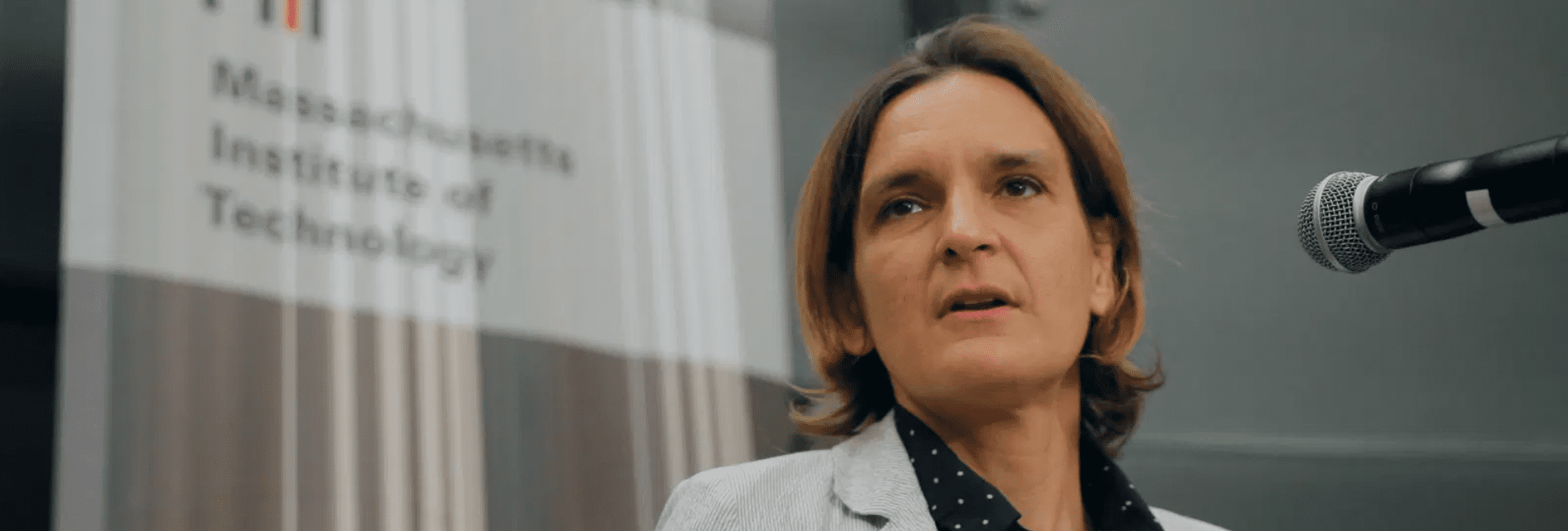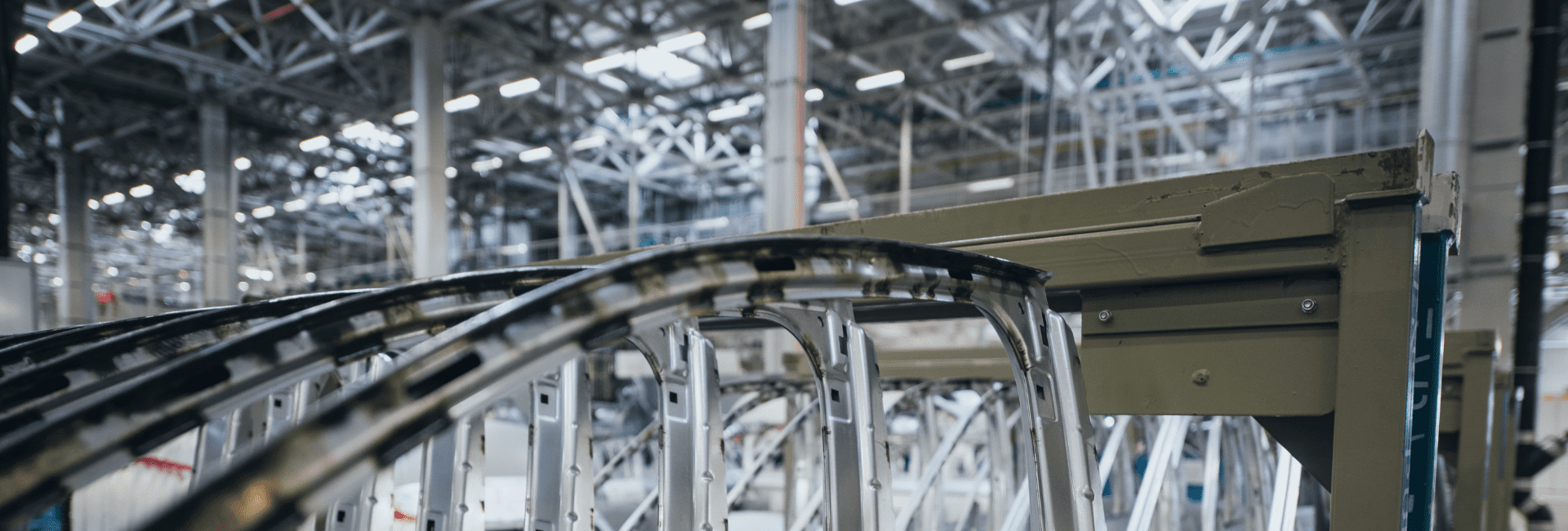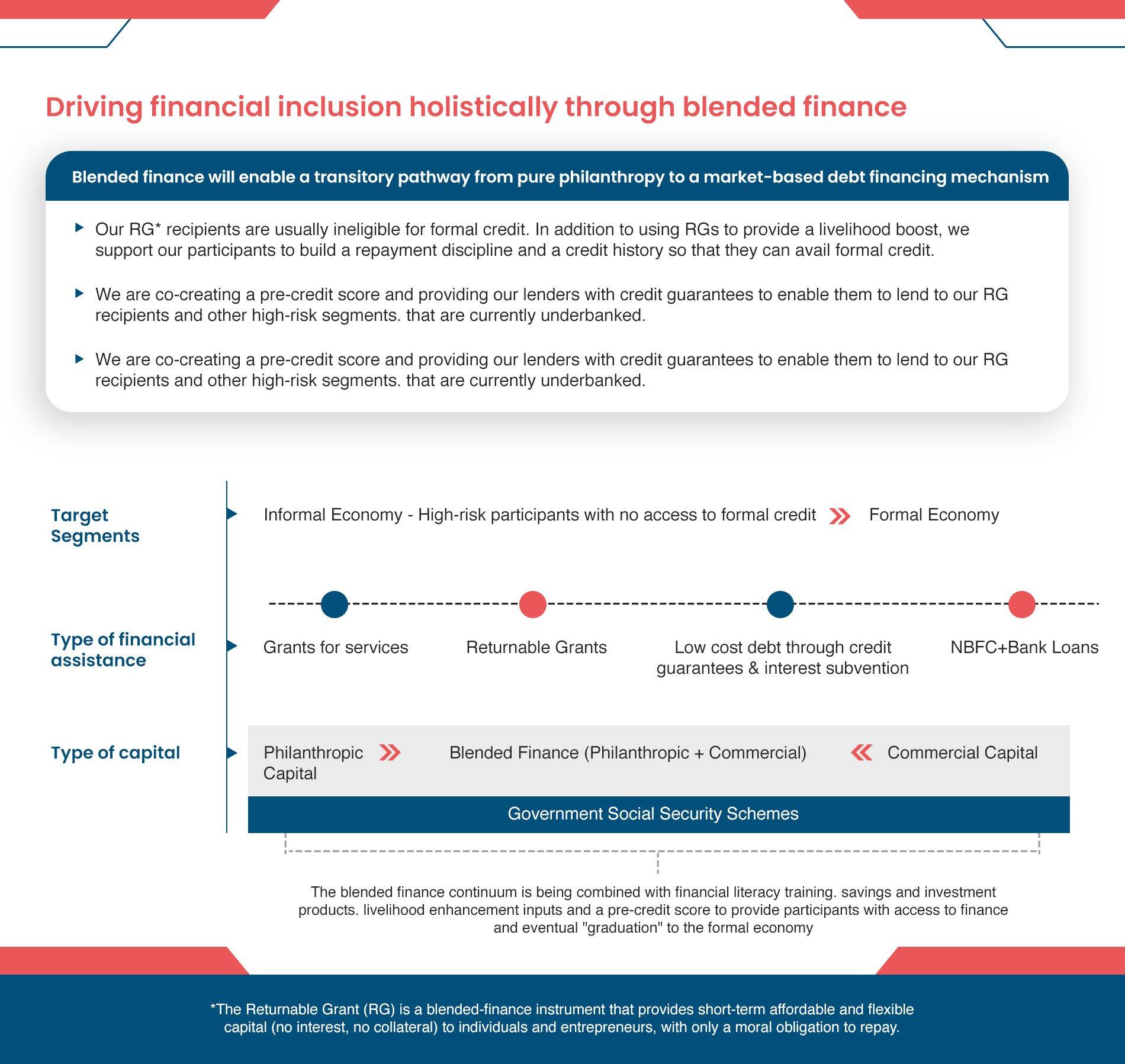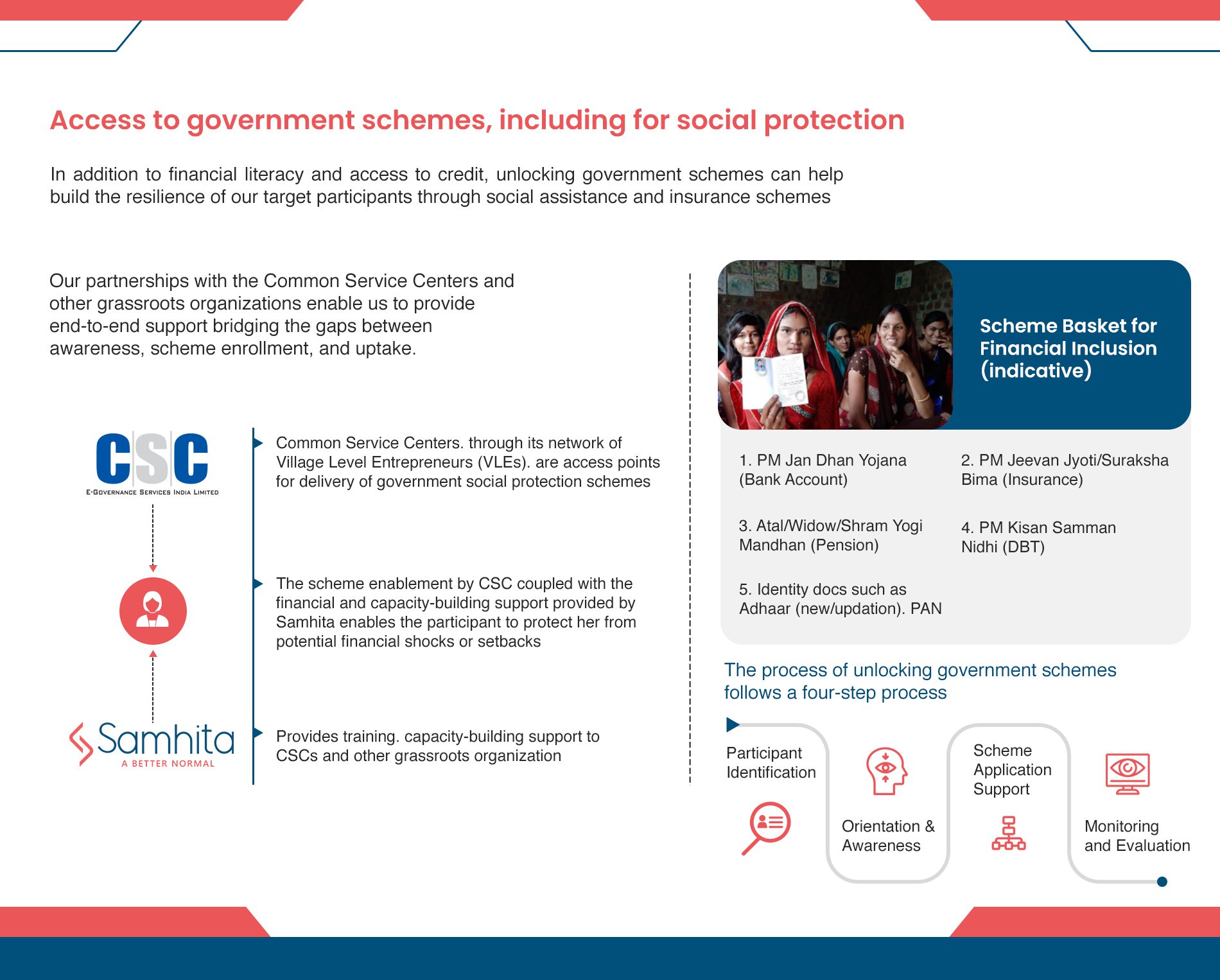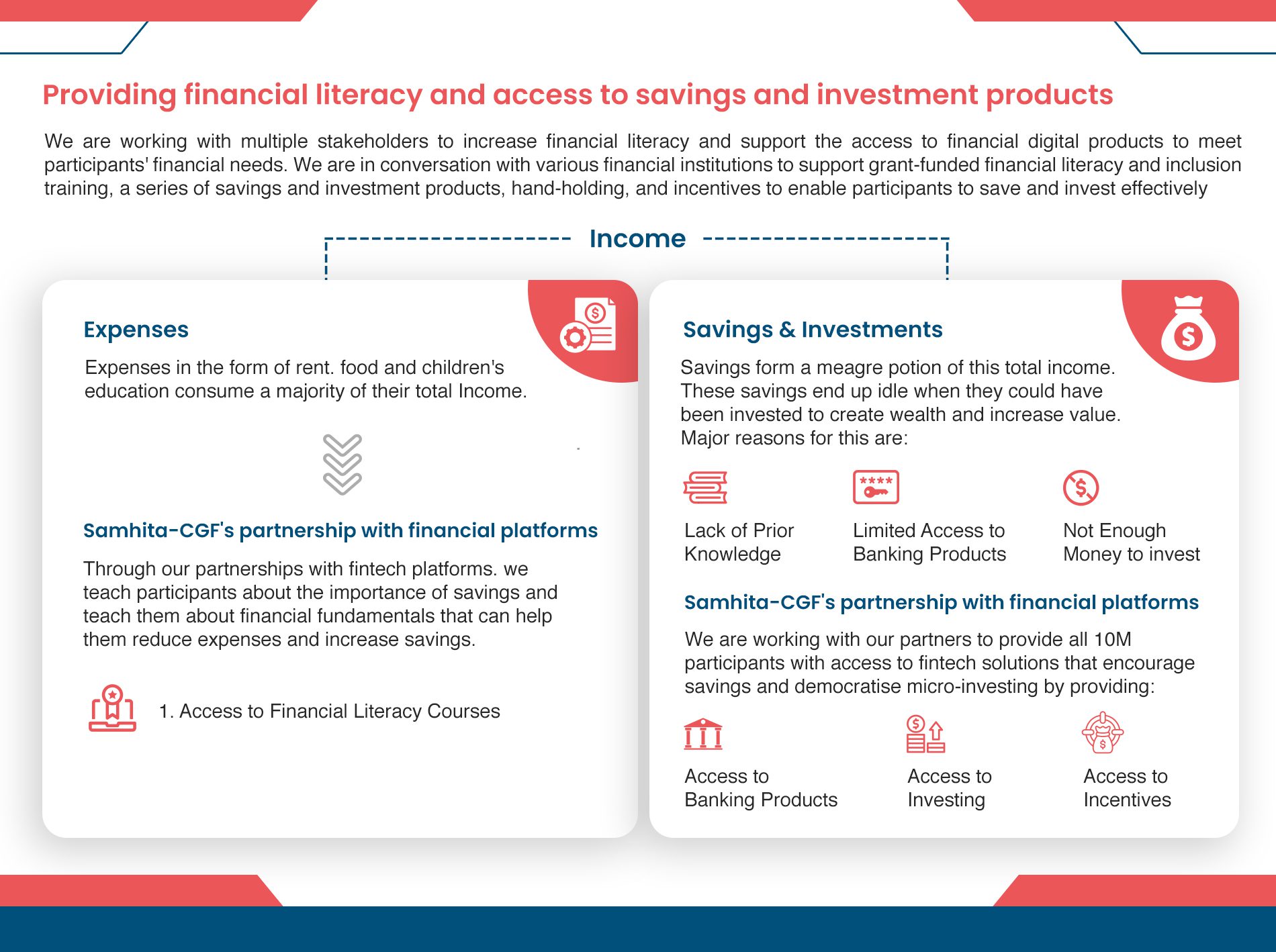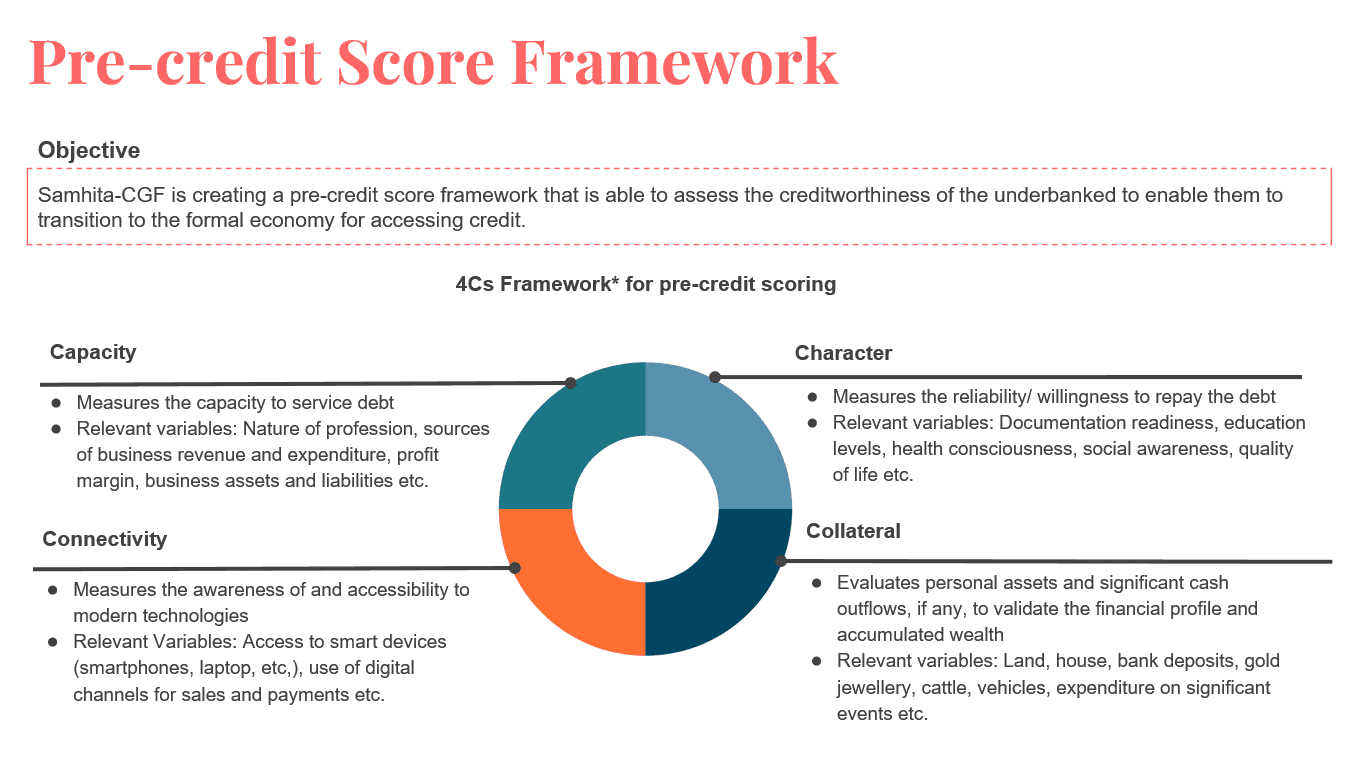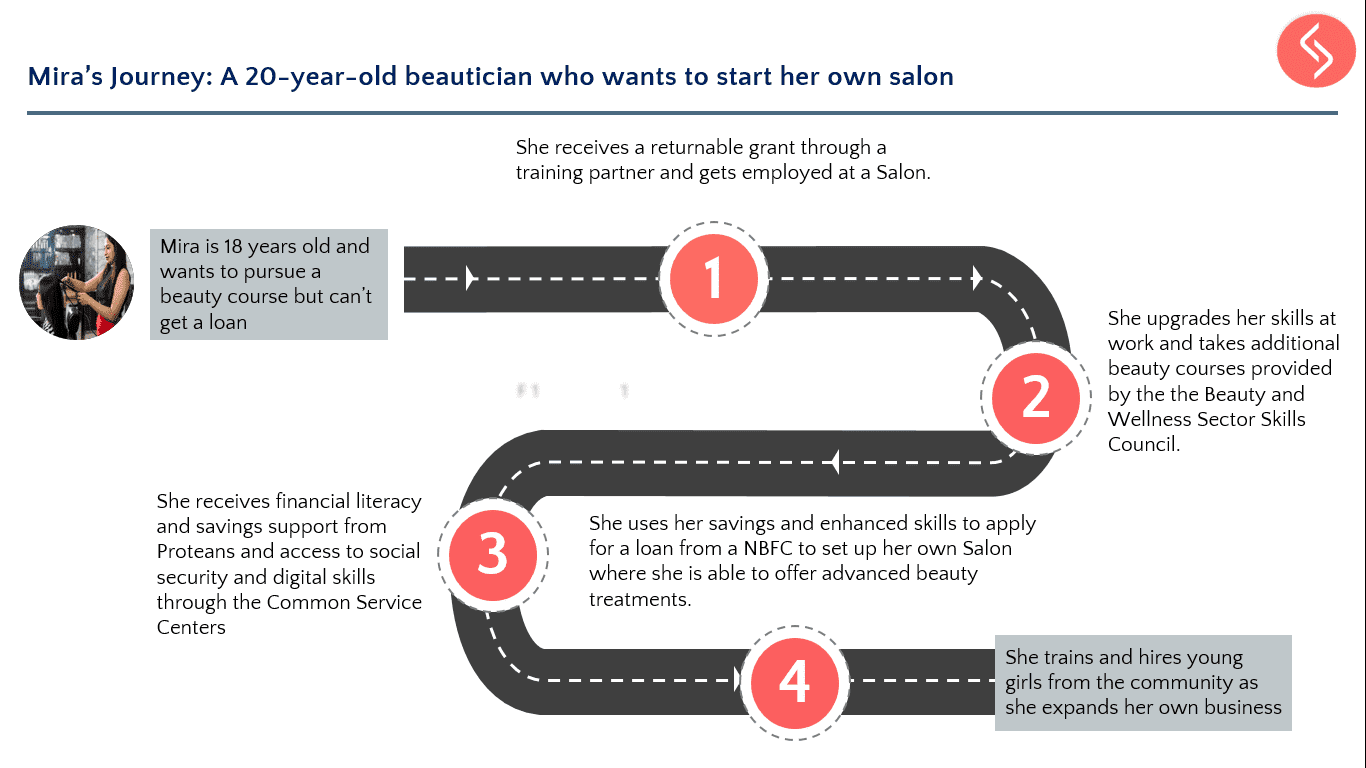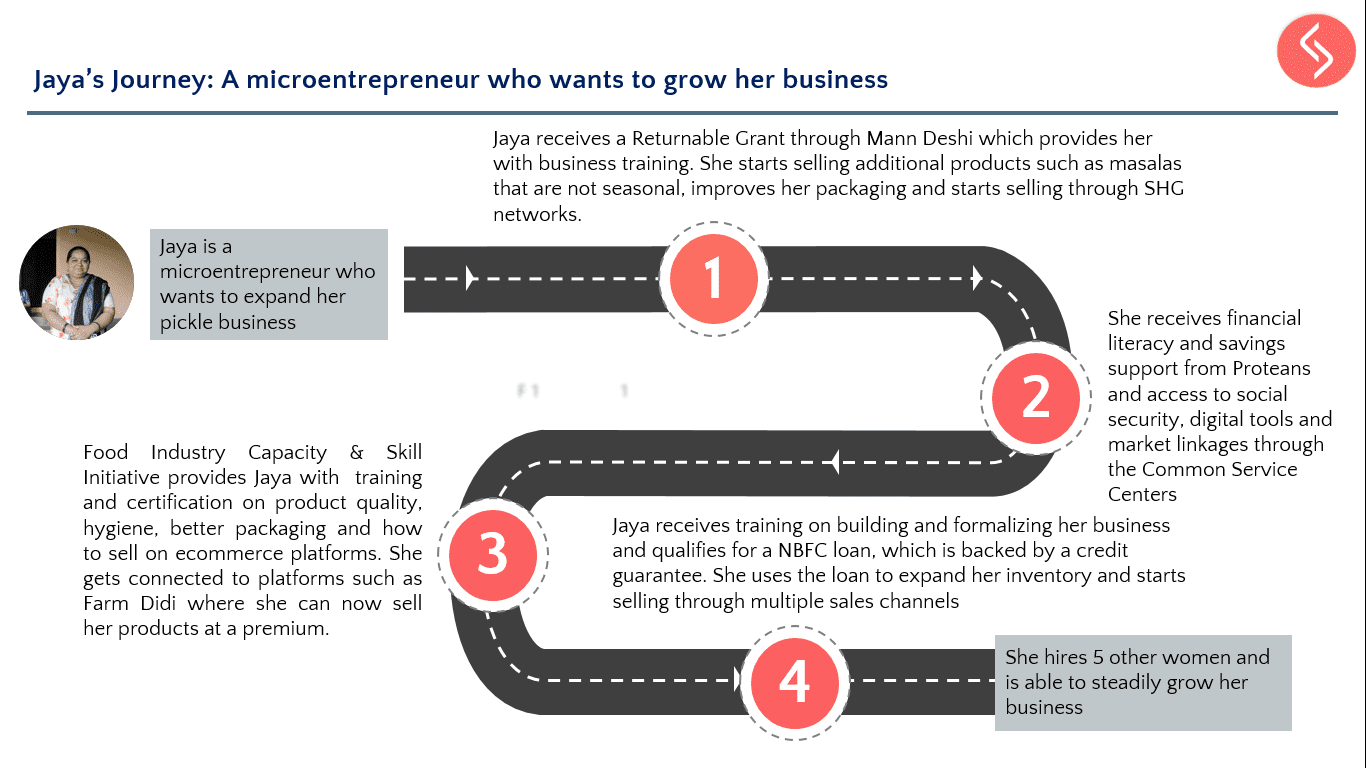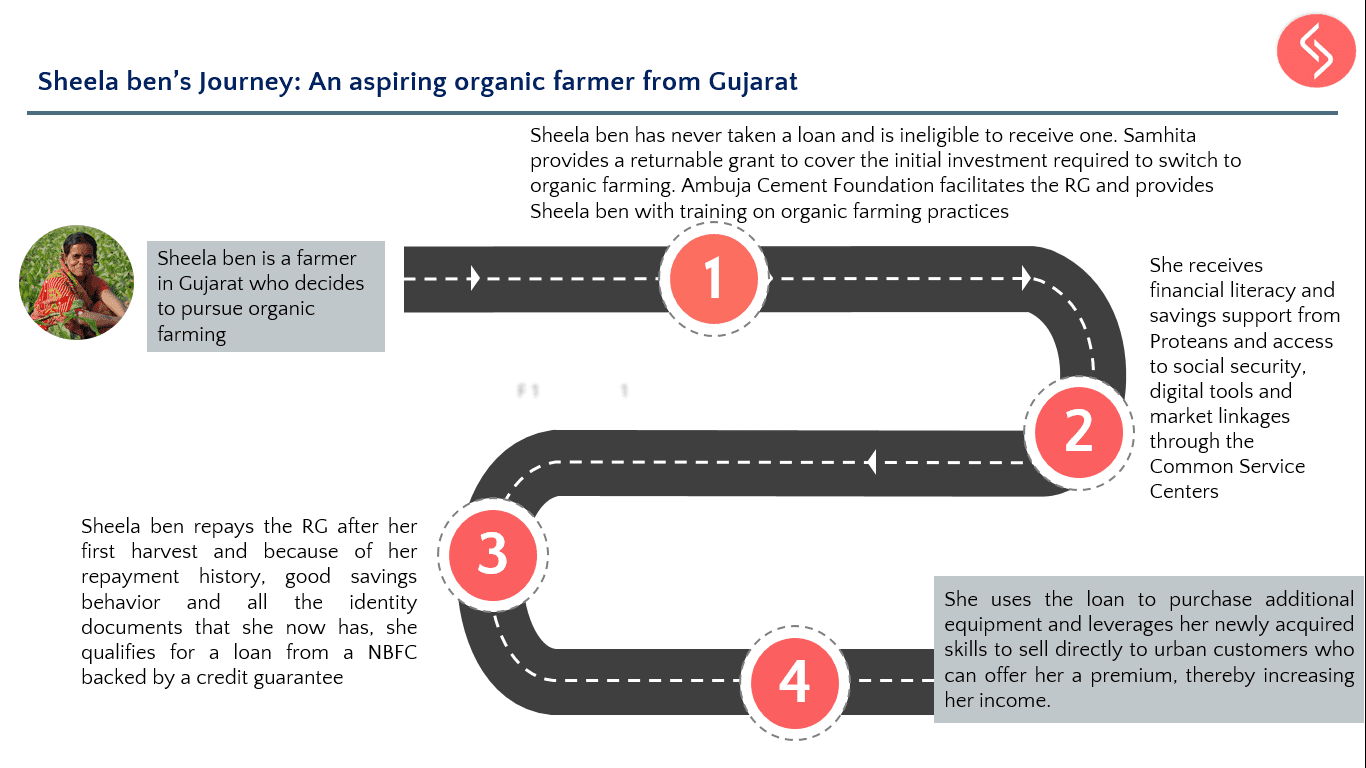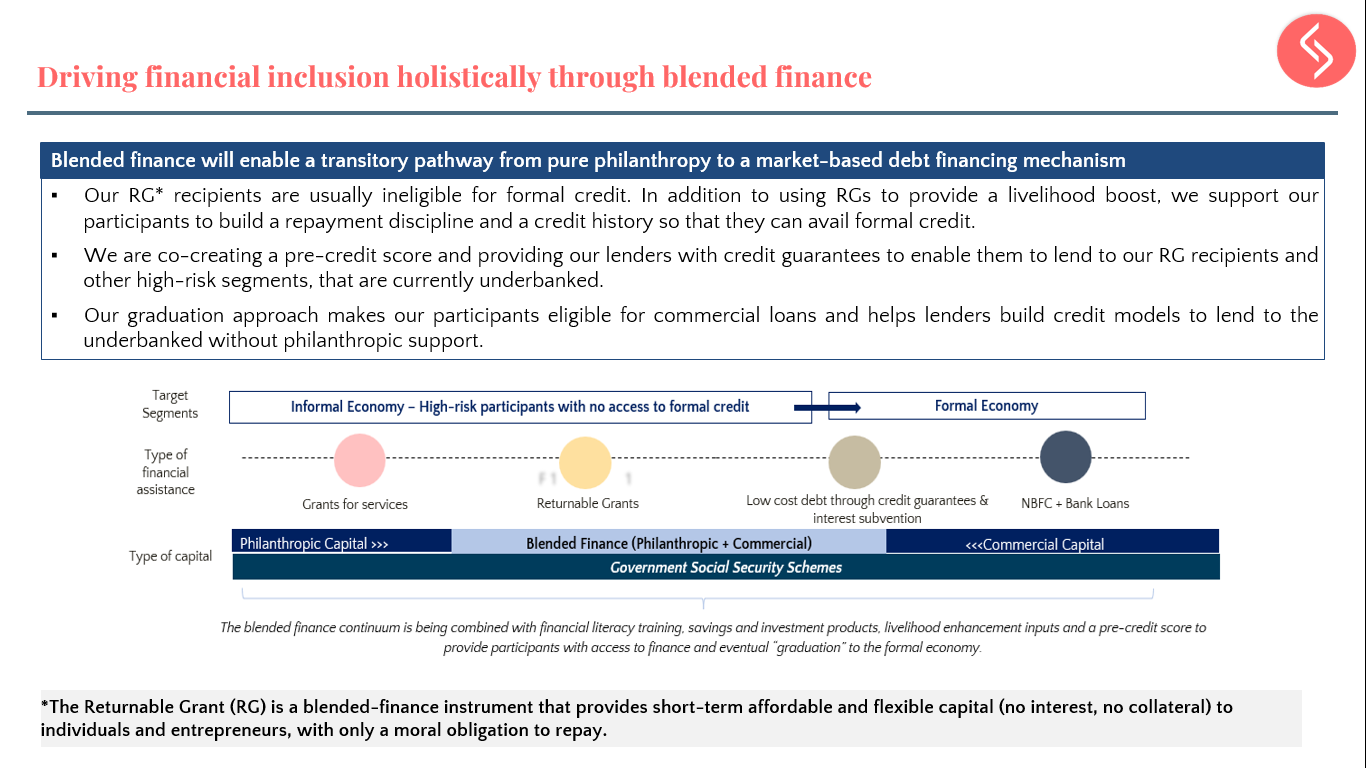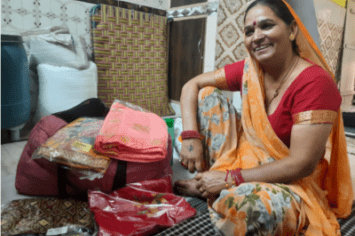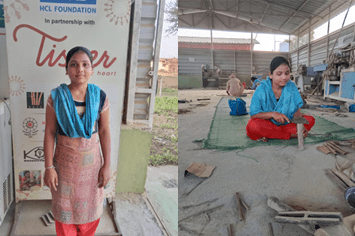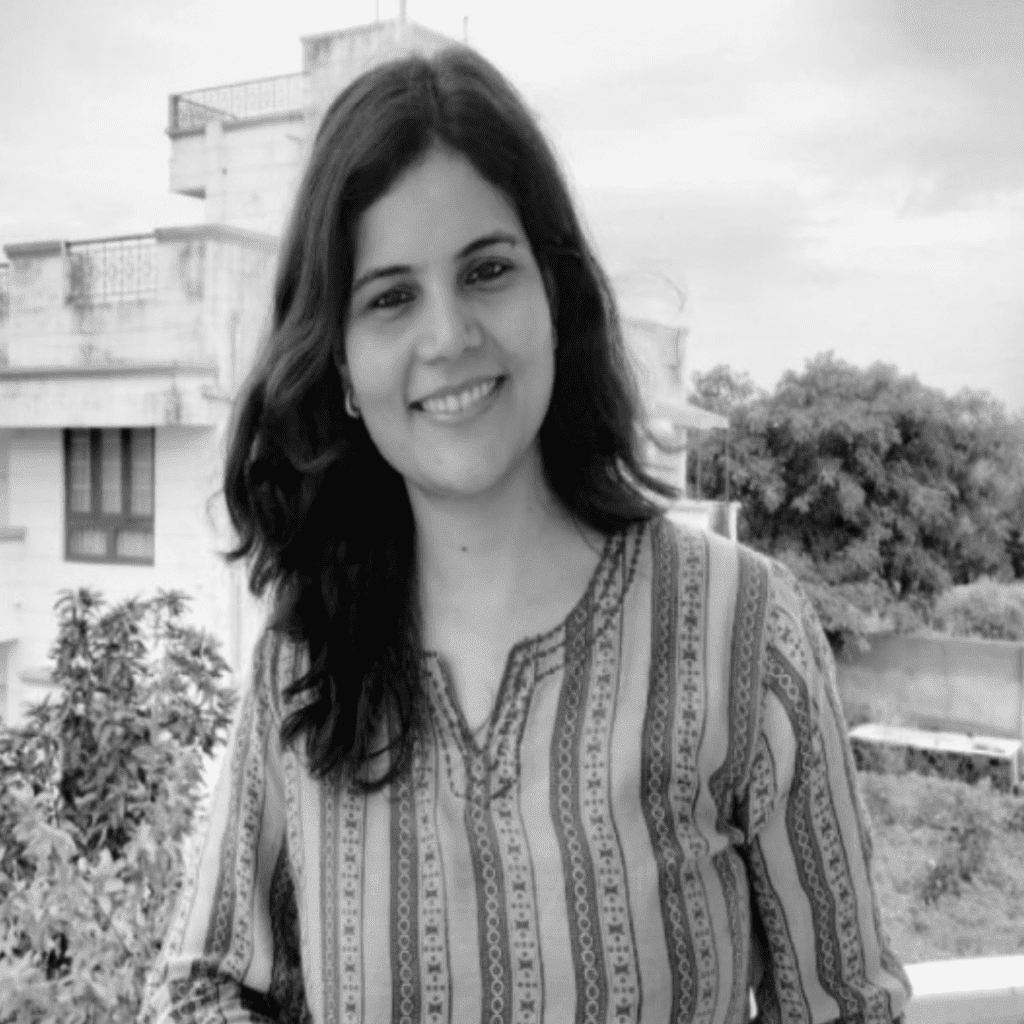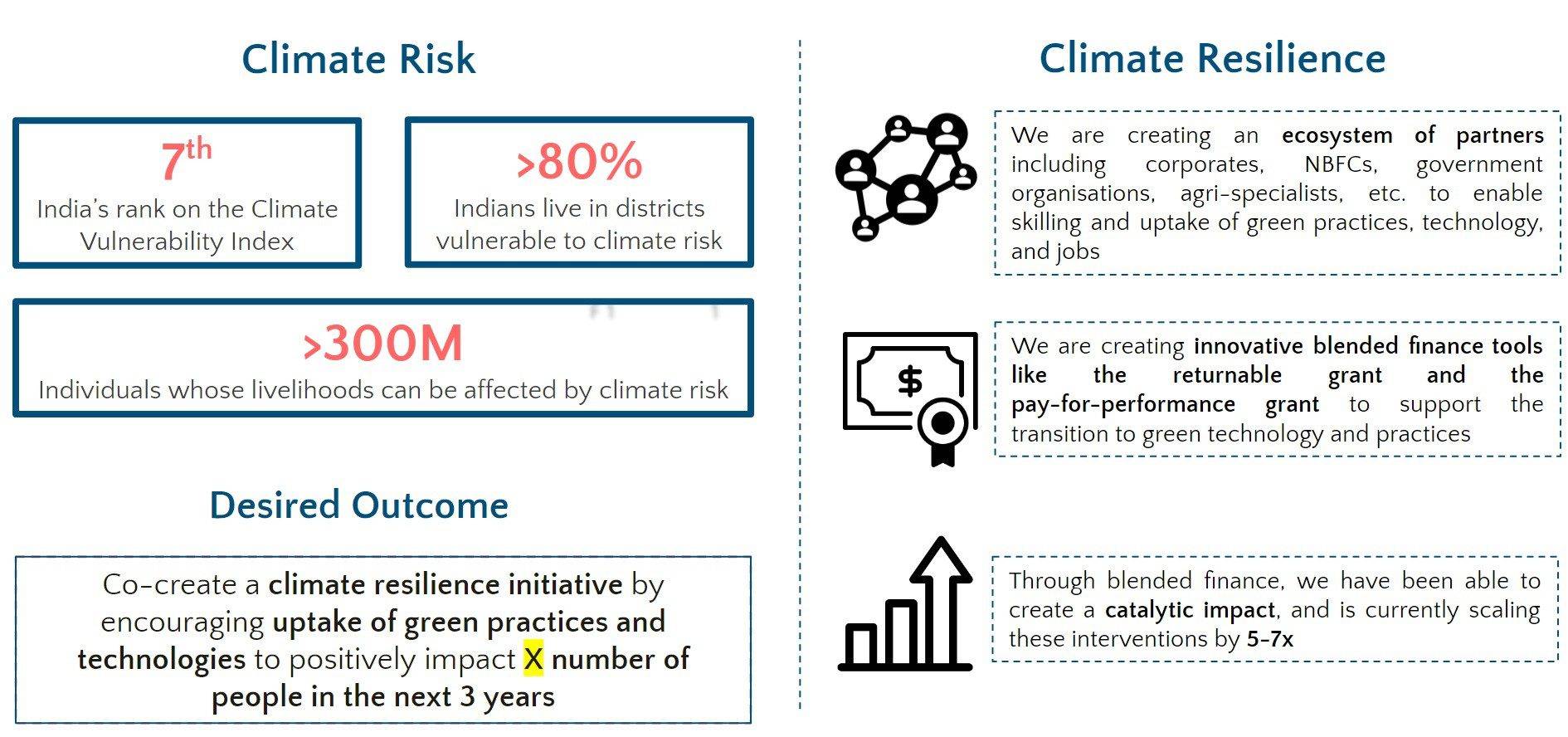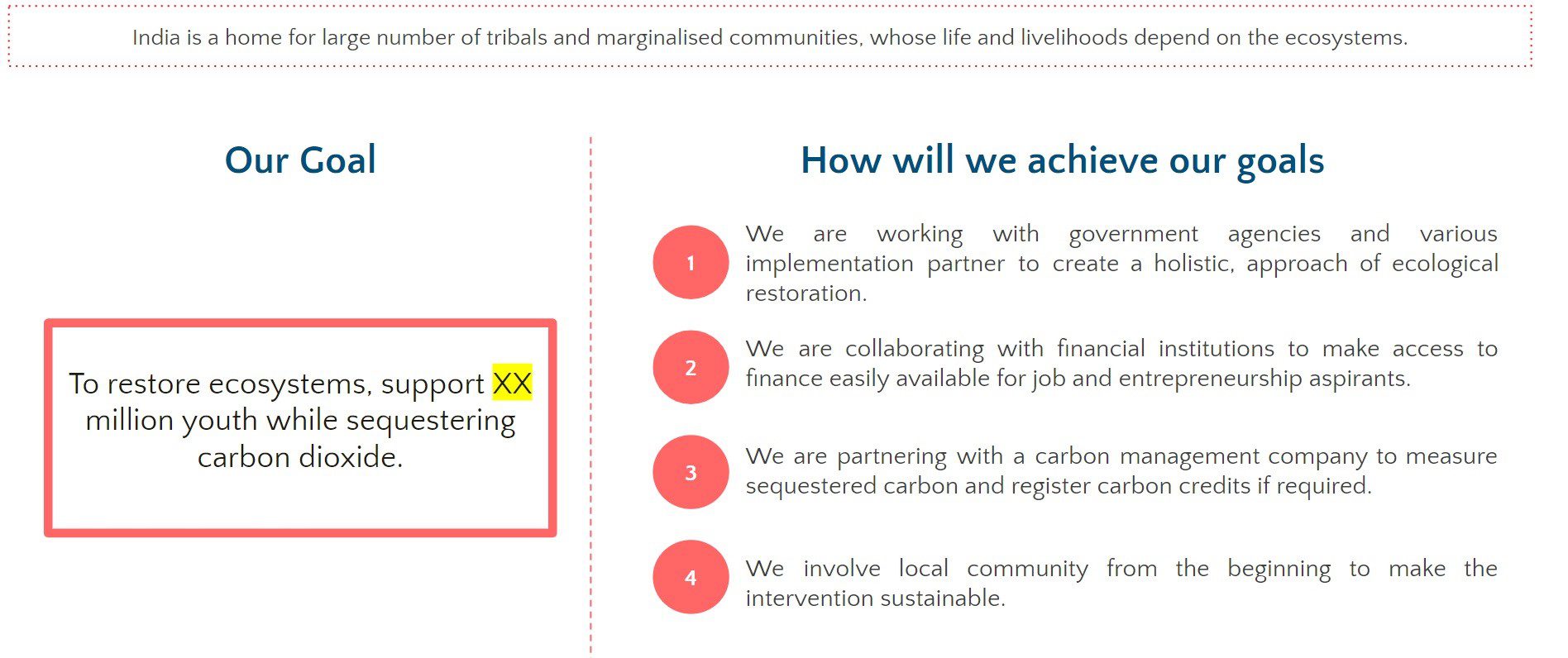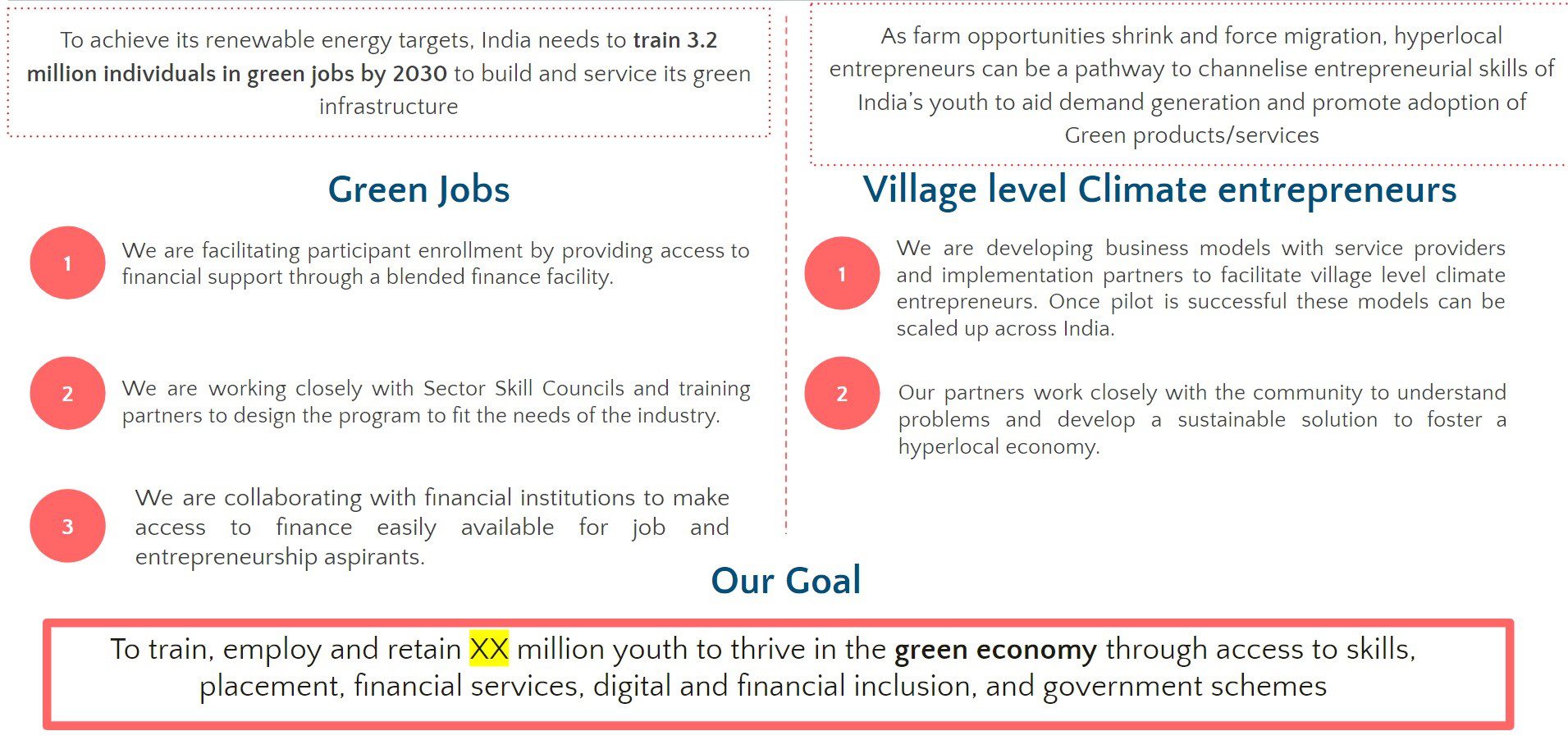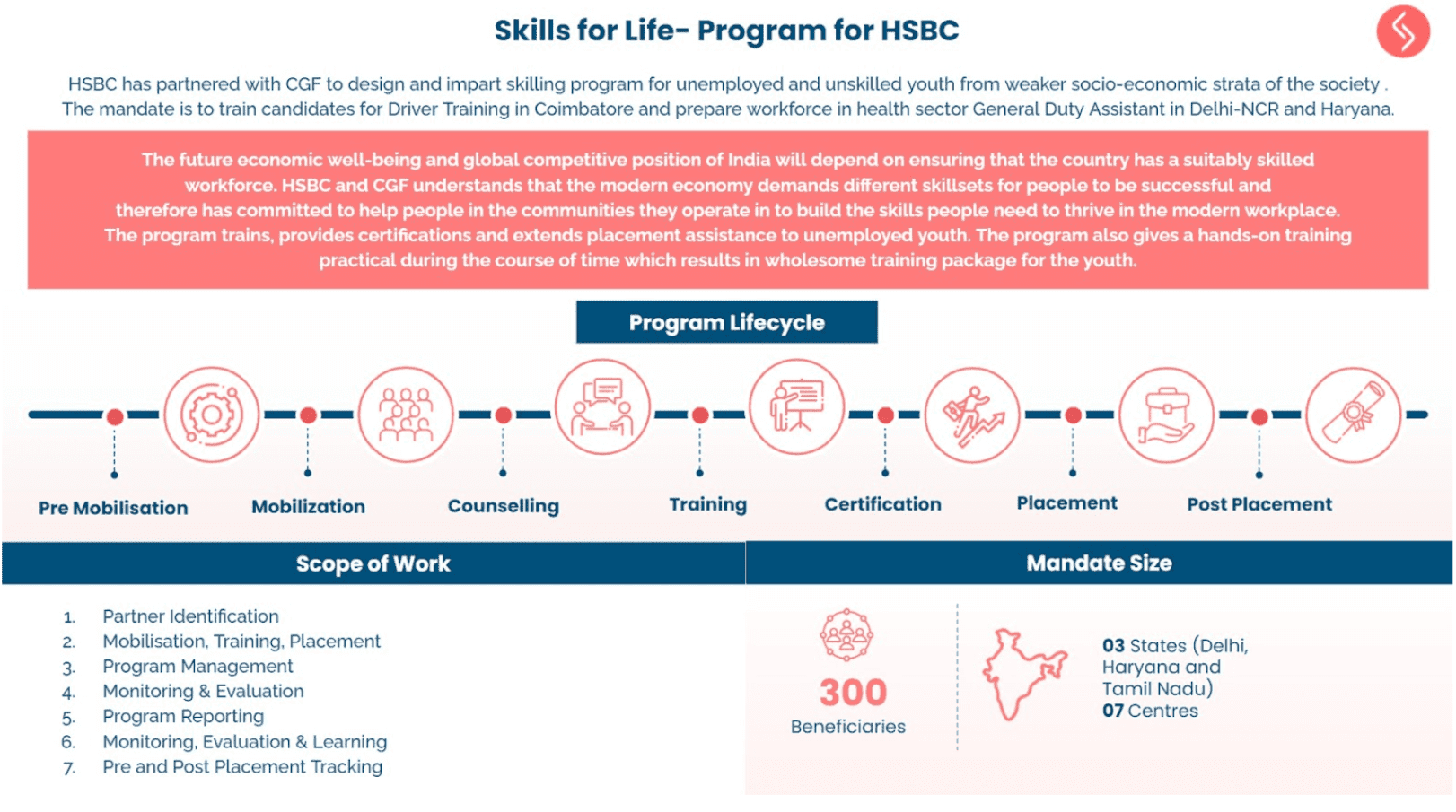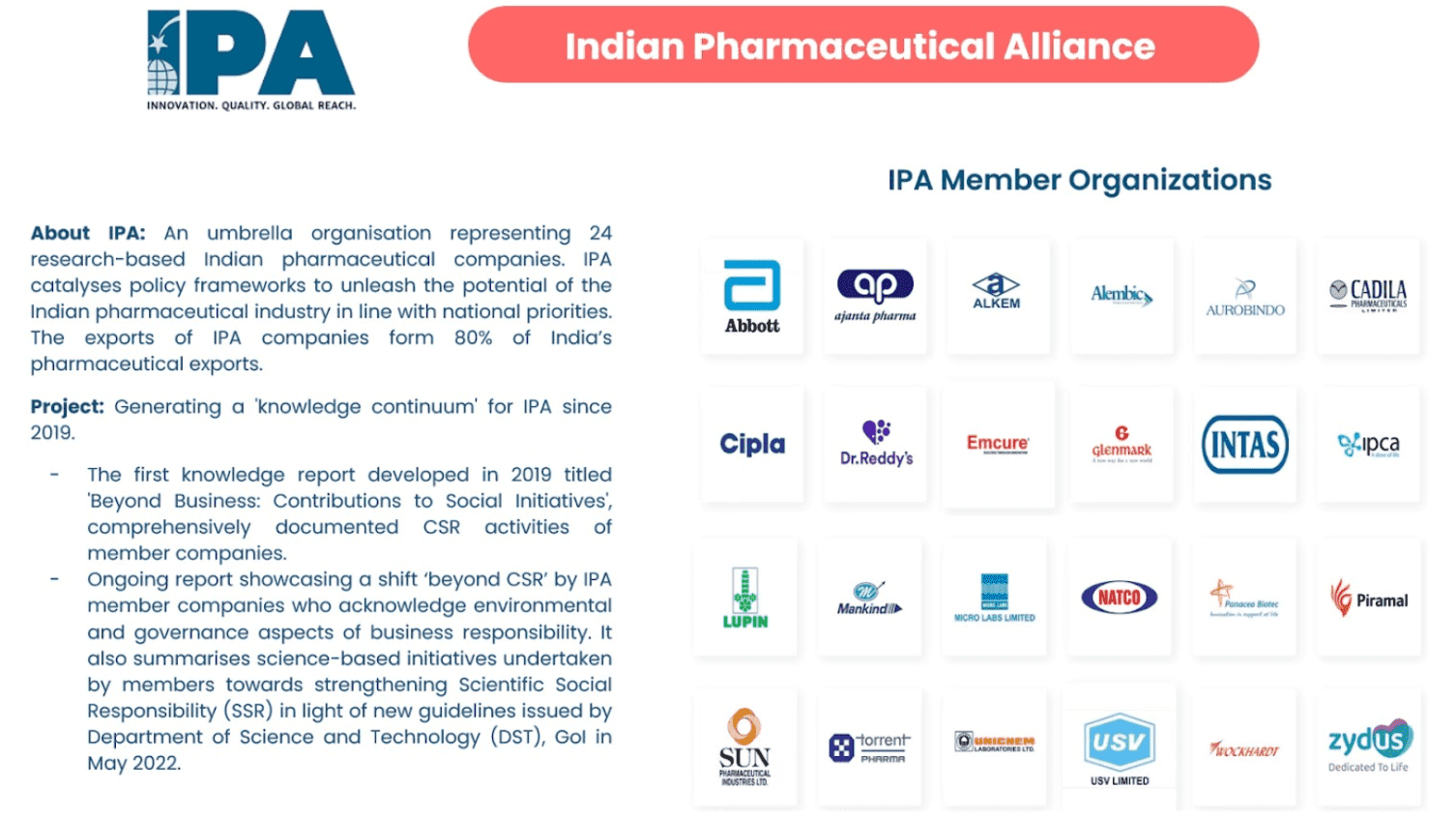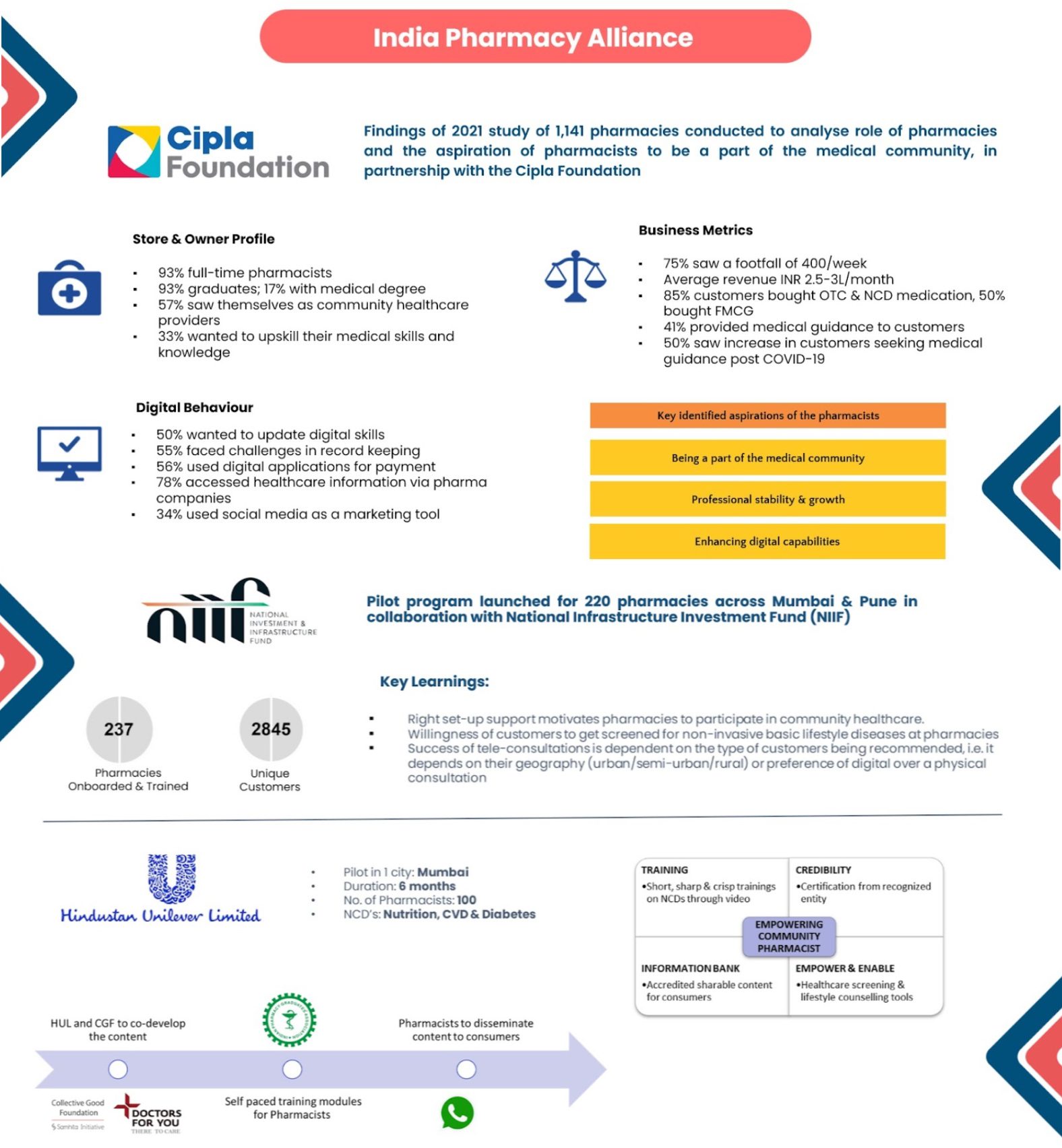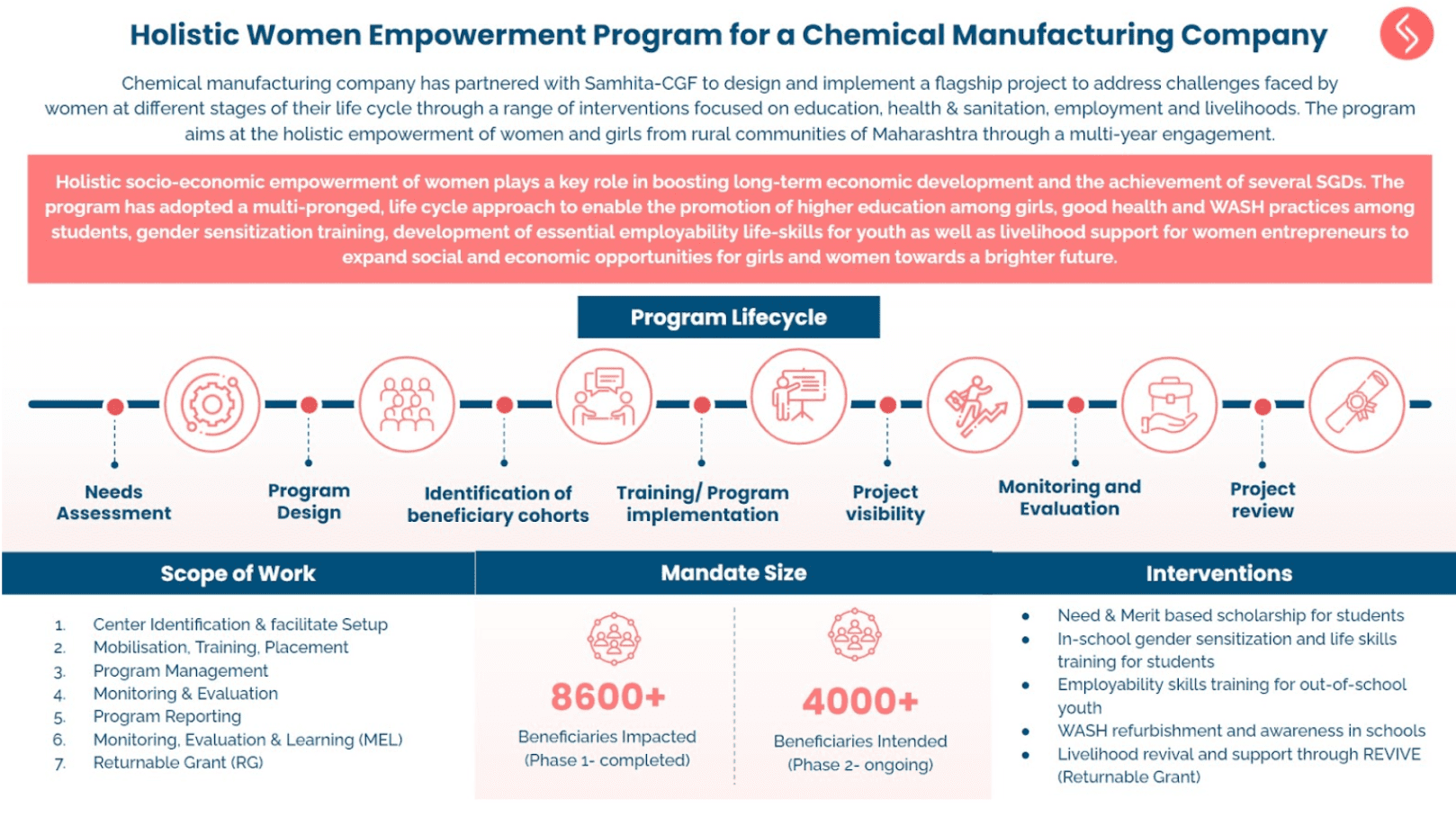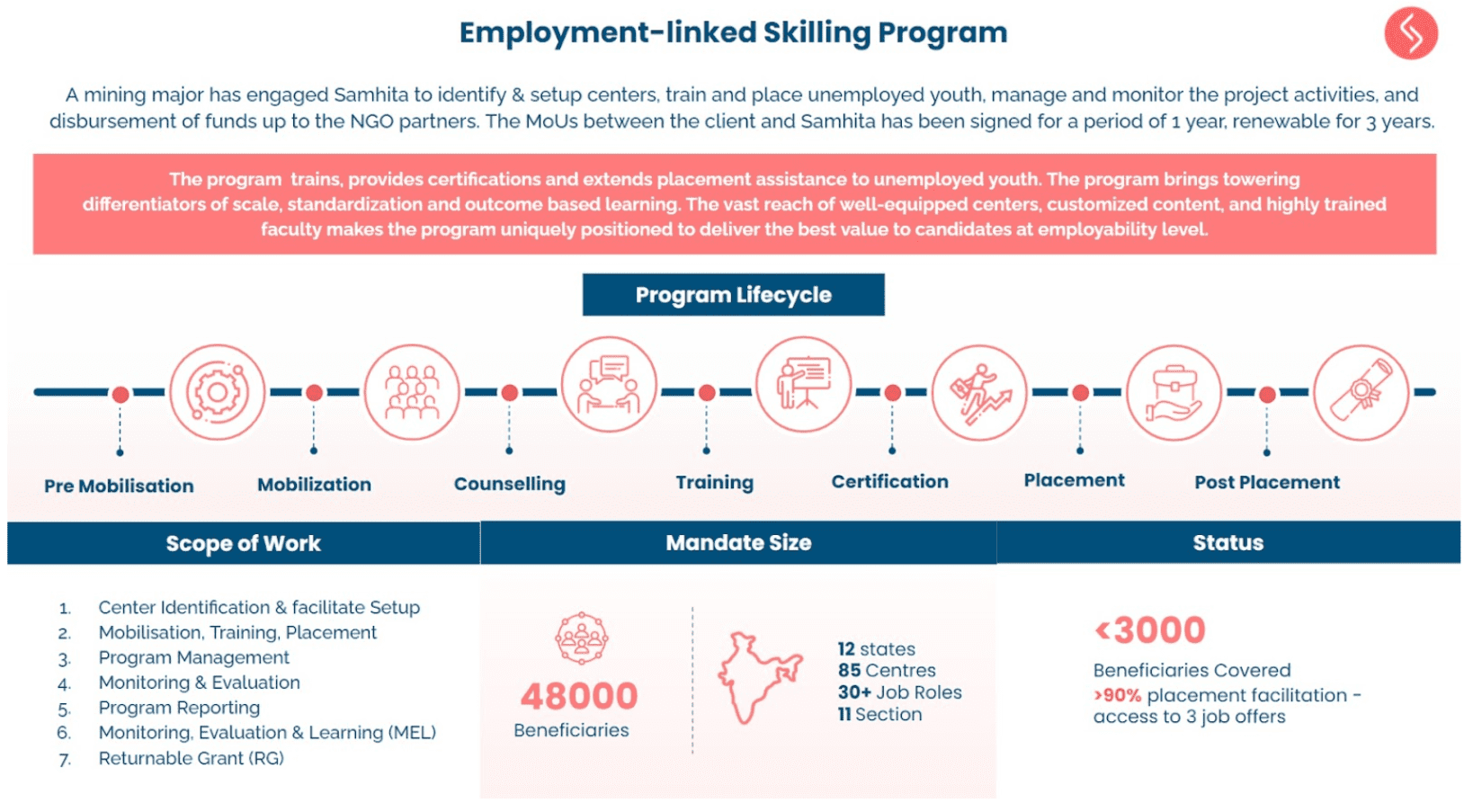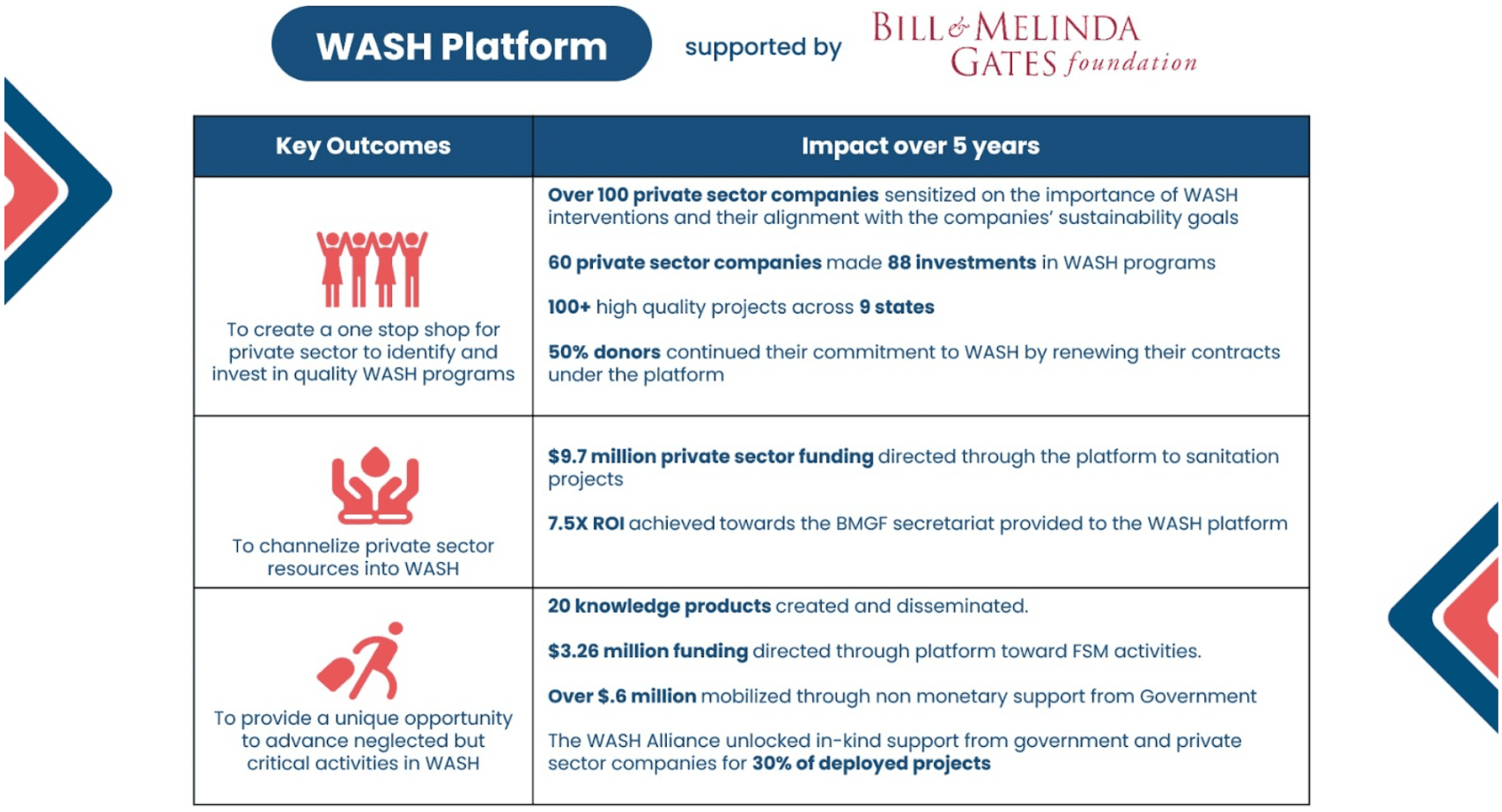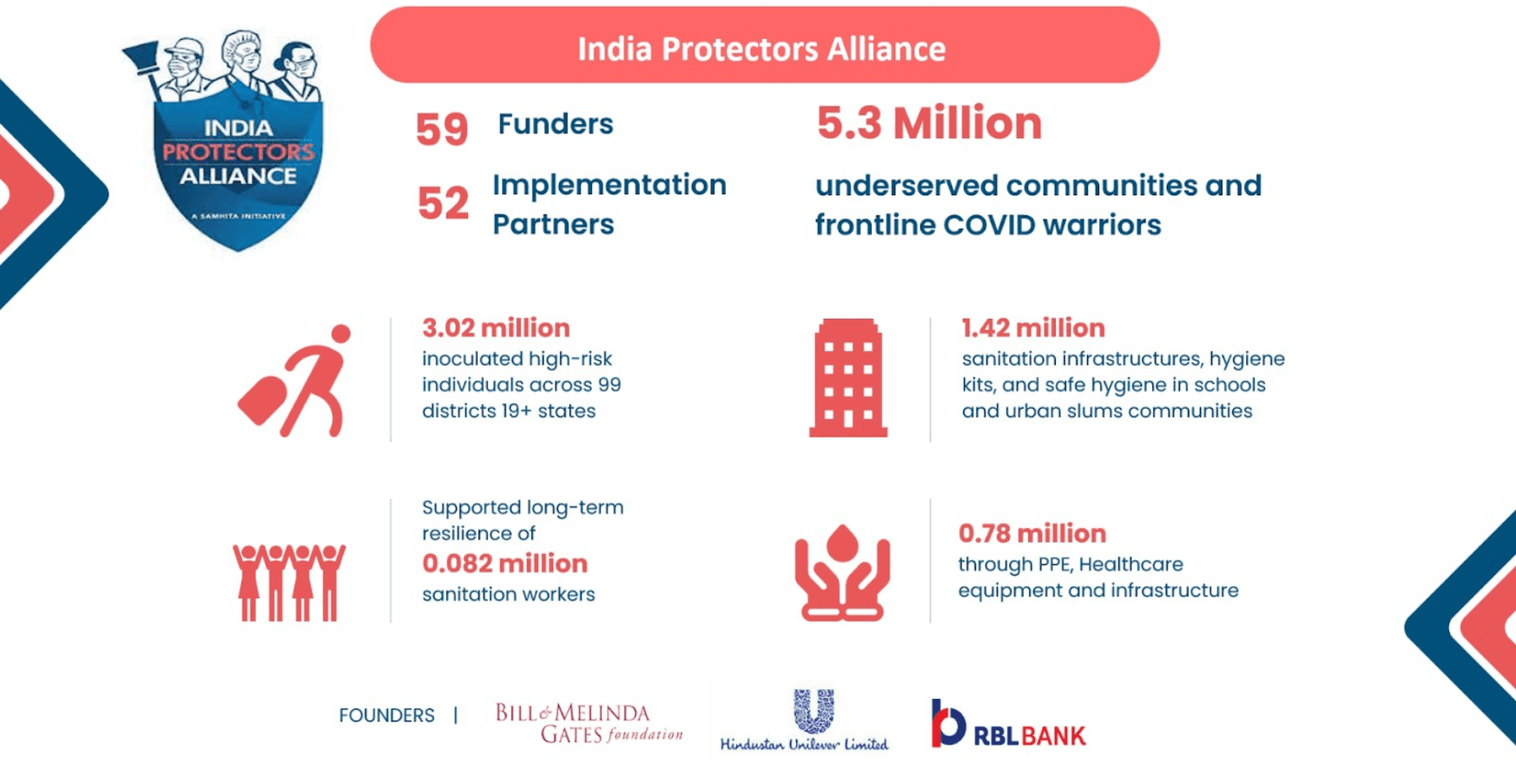COVID-19 and subsequent lockdowns brought on a convergence of crises across health, livelihoods, education and social justice.
Millions of people have been pushed back below the poverty line. The impact on our unskilled and semi-skilled workers, and our nano/micro entrepreneurs has been devastating. Healthcare workers and sanitation workers continue to be at the forefront of the COVID-19 response, with little support to ensure their wellbeing and protection.
The development sector faced its own challenges; funding to the social sector reduced substantially in 2020 and there remains high competition for a small pool of funds.
COVID-19 didn’t create all these issues; the virus and subsequent lockdowns exacerbated and laid bare existing systemic frailties. The vulnerable have always been one crisis away from breaking point, and COVID-19 has created innumerable breaks and fractures in our society and economy.
It is a paradox that those who are most vulnerable, also have an outsized role to play in re-invigorating our economy. India’s very economic recovery is in jeopardy if we do not shore up those who drive it.
So we are bewildered when people talk about a new normal, an alarming word that indicates a satisfaction with the status quo. For Samhita, ‘business as usual’ was never an option in 2020, and it will not be an option as we continue the battle against COVID-19 in 2021.
In 2021, vaccines won’t be accessible and affordable for millions for some time to come. Virus mutations may hit us and result in escalating infections and compensatory lockdowns. Our economy and society, already frail from shocks in 2020, are not yet on a clear path to recovery in 2021.
It is time to create a Better Normal, during the COVID-19 crisis and beyond. A Better Normal where Samaaj, Sarkar and Bazaar understand that they succeed only when our most vulnerable communities survive and thrive. A Better Normal that gives hope and joy to everyone.
The aspiration for a Better Normal led us to build two platforms with bilaterals / multilaterals, companies, foundations and social organisations – REVIVE, a blended finance facility to ensure better livelihoods for 100,000 workers and micro-entrepreneurs, and India Protectors Alliance, a collaborative platform to support 500,000 healthcare and sanitation workers respond safely and effectively to the COVID-19 and other crisis. Both platforms leverage limited resources, and maximize the impact of existing systems to create impact at scale.
It’s imperative that we band together to create this Better Normal. To begin with, I invite you to articulate what a Better Normal means and through this interaction, we want to create a collection of ideas and perspectives which will help us shape better strategies in India’s development sector, and truly achieve a Better Normal.
I would love to hear from you on how we can create a Better normal for all the people we serve. Please feel free to contact me at priya.naik@wohla.samhita.org.
I also invite you to engage us on social media with the hashtag #BetterNormal.
